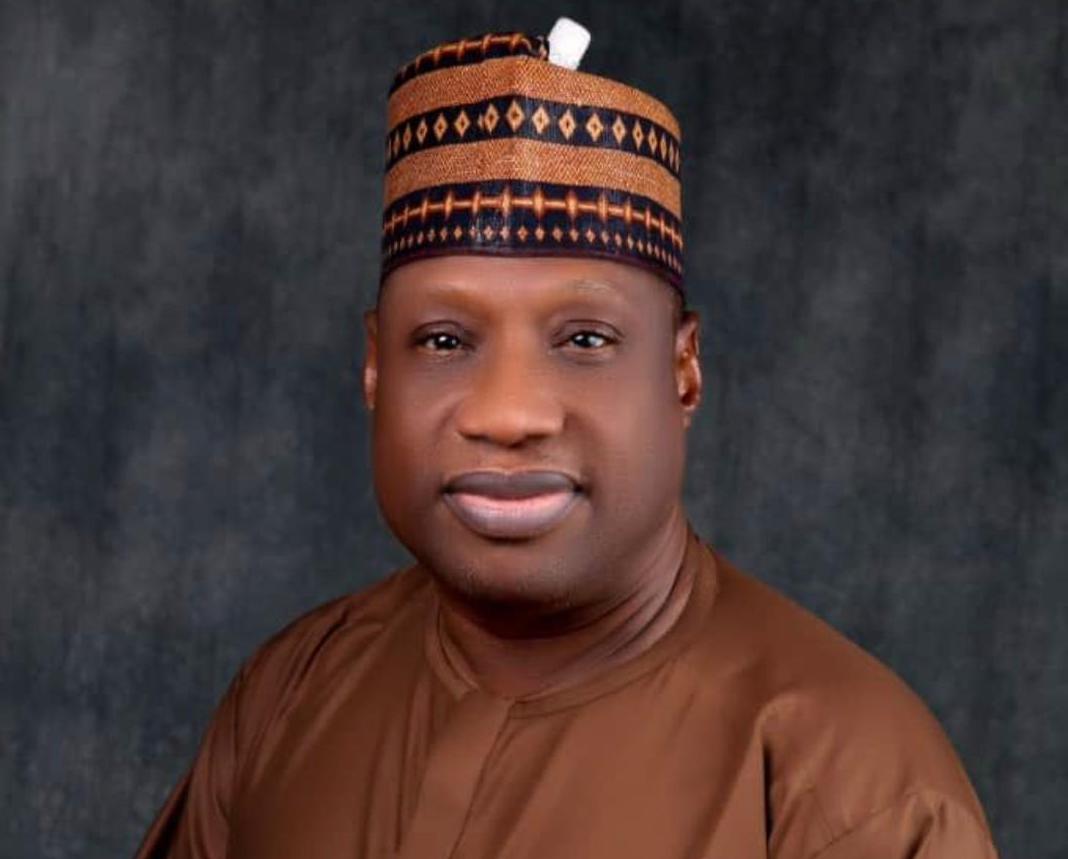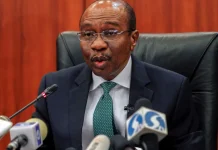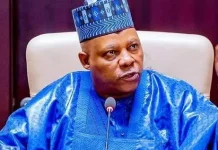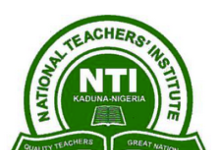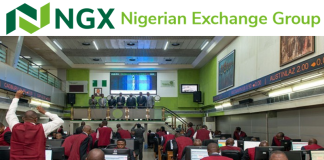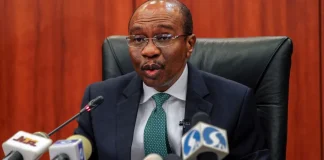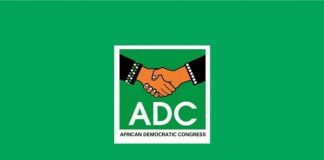🌿 Ruzu Non-Alcoholic Herbal Bitters
Ruzu Non-Alcoholic Herbal Bitters is a natural health supplement specially formulated to:
- ✅ Promote general wellness
- ✅ Detoxify the body
- ✅ Support the treatment of various ailments
Made from a powerful blend of 100% organic and medicinal herbs, Ruzu is completely alcohol-free, making it ideal for:
- 👪 All age groups
- 🌱 Health-conscious individuals
- 🌿 Anyone seeking non-alcoholic herbal remedies
Whether you're looking to boost your vitality, cleanse your system, or support healing the natural way, Ruzu Bitters offers a trusted herbal solution.
The remaining debts owing to wholesale gas-producing businesses for gas delivery, which almost led to a statewide blackout in December of last year, have been addressed by the Federal Government through the implementation of a feasible payment plan.
The Governing Body This was revealed at the first meeting of the Petroleum Industry Stakeholders Forum, which was held in Abuja on Thursday, by Farouk Ahmed, the chief executive of the Nigerian Midstream and Downstream Petroleum Regulatory Authority.
“The solution, led by Olu Verheijen, the Special Adviser to the President on Energy, has unlocked previously bottlenecked gas volumes,” Ahmed explained.
The president’s last-minute action last year prevented a serious crisis between power generation businesses and wholesale gas-producing corporations over unpaid legacy debts, which nearly led to a statewide outage of electricity. Approximately 70% of Nigeria’s electricity is generated by gas-fired power plants, therefore this would have seriously impacted power generation.
Ahmed said in a statement our correspondent was able to obtain that the initiative to adopt a practical payment solution, along with other policies, has improved the supply of natural gas for both domestic and export markets, revitalized midstream and downstream infrastructure, and encouraged the use of LPG produced domestically.
He went on to say that these measures have drawn in over $400 million in funding for the building of 65 “mother” stations and 86 additional “daughter” stations.
“The Honourable Ministers of State for Petroleum Resources (Oil and Gas) have demonstrated strong leadership in ensuring that the administration’s energy aspirations are met,” Ahmed said.
In order to promote economic prosperity, these initiatives have stabilized the supply of crude oil to domestic refineries, improved energy security, increased the supply of natural gas for both domestic and export markets, revitalized midstream and downstream infrastructure, and encouraged the domestication of LPG production.
“The Special Adviser to the President on Energy has also been instrumental in settling legacy debts, establishing a practical gas supply payment plan, and putting innovative policies into place to make doing business easier through Mr. President’s Executive Orders.”
He added that there has been a lot of work in pushing compressed natural gas as a fuel substitute.
The PCNGI (Presidential Compressed Natural Gas Initiative), which has been aided by the NMDPRA, has boosted the construction of 186 new conversion centers in the last 12 months, boosting Nigeria’s conversion capacity by more than 2,500%. Nigeria’s gas vehicle population has increased to an estimated 30,000 to 50,000 cars and trucks as a result of these conversions and new purchases, and the number is rising every day.
More than $400 million has been invested in the building of 65 new mother stations and 86 new daughter stations. Nigeria now has 56 refueling stations instead of just 20. Cooperation with PCNGI, NMDPRA, and SON has also produced safety standards and the Nigeria Gas Vehicle Monitoring System, which is presently in pilot testing and is anticipated to go live in 2025.
Ahmed also emphasized the advantages of completely deregulating the market for petroleum products.
Read Also: Delta Police Clamp Down on Criminals Persist; Give Details of Crime Record
By leveling the playing field, the reform has encouraged healthy competition and drawn in investment prospects. Customers now benefit from value-added services and competitive pricing. The nation enjoyed end-of-year celebrations and a fresh year free from supply interruptions or shortages of fuel for the first time in many years.
Domestic refineries have made a substantial contribution to the country’s energy supply needs, he said, and other oil marketing businesses’ involvement has improved product availability. Additionally, a variety of supply sources, the strengthening naira, and the emergence of a competitive market environment have stabilized the pump price of petroleum products across the country.
Ahmed came to the conclusion that the Petroleum Industry Stakeholders Forum would support prompt problem solving, reducing disagreements that could otherwise result in expensive litigation or alternative conflict resolution.

